Google eases Crypto Trust Ads Policy ahead of potential Bitcoin ETF approval

Starting January 29, 2024, Google will allow US-based crypto trusts to advertise on its platform. Advertisers looking to promote crypto trusts must, however, undergo Google certification. Google’s policy update aligns with a broader industry trend and Bitcoin’s 74% surge in the past 90 days. In a strategic move, Google has revised its cryptocurrency-related advertising policy […]
Bitcoin-Banning Measure Seen Too Close to Call in Tomorrow’s EU Parliament Vote

The leader in news and information on cryptocurrency, digital assets and the future of money, CoinDesk is a media outlet that strives for the highest journalistic standards and abides by a strict set of editorial policies. CoinDesk is an independent operating subsidiary of Digital Currency Group, which invests in cryptocurrencies and blockchain startups. As part […]
Limiting Proof-of-Work Crypto Back on the Table as EU Parliament Prepares Virtual Currencies Vote
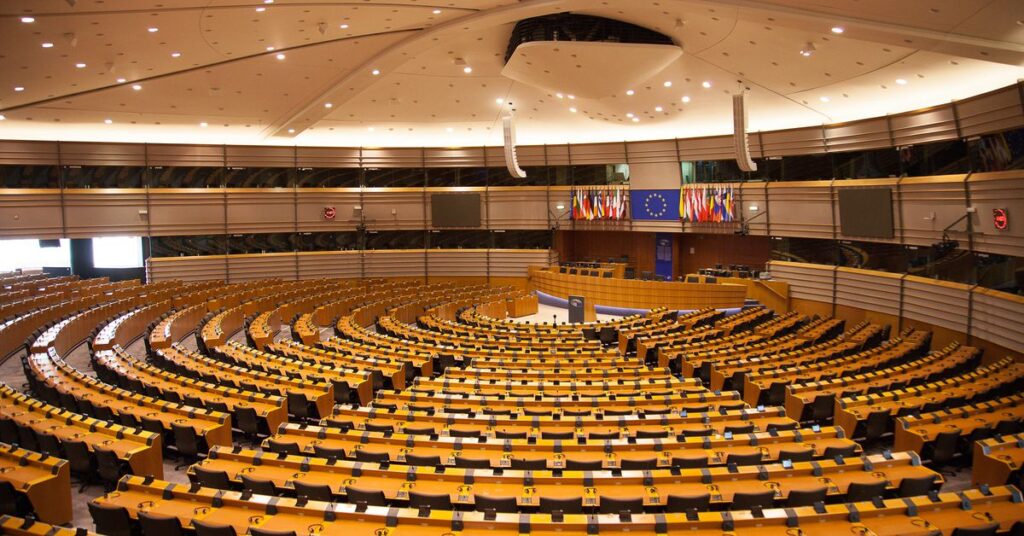
One version of the new draft, reviewed by CoinDesk, has a similar provision though significantly toned down from the original. It says that crypto assets “shall be subject to minimum environmental sustainability standards with respect to their consensus mechanism used for validating transactions, before being issued, offered or admitted to trading in the Union.”
Treasury Department Issues Guidance on Using Crypto to Evade Sanctions
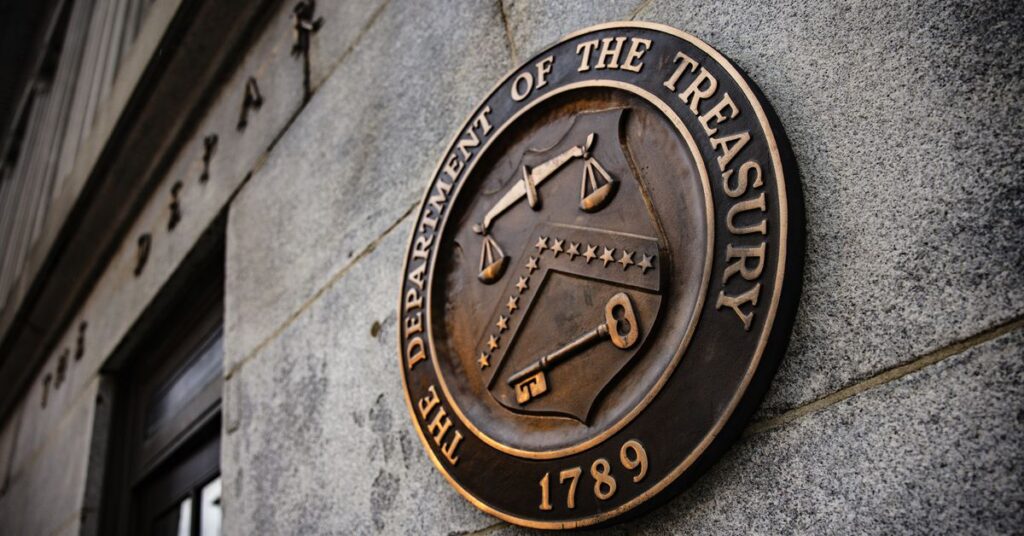
The leader in news and information on cryptocurrency, digital assets and the future of money, CoinDesk is a media outlet that strives for the highest journalistic standards and abides by a strict set of editorial policies. CoinDesk is an independent operating subsidiary of Digital Currency Group, which invests in cryptocurrencies and blockchain startups. As part […]
Estados Unidos y el G7 anuncian nuevas medidas contra la evasión de sanciones mediante cripto
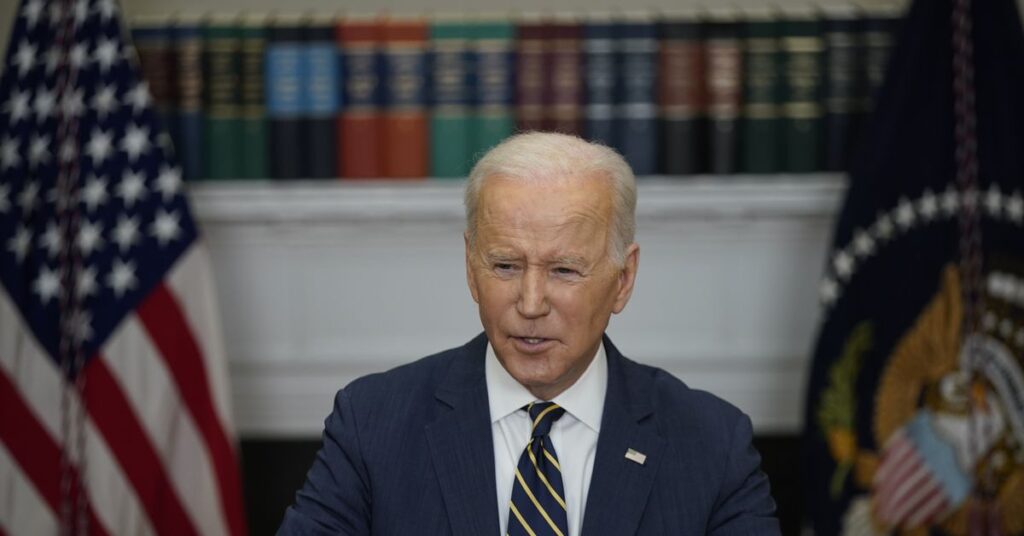
“Es difícil” mover miles de millones de dólares en cripto, señaló Redbord. Es posible que algunos oligarcas recurran a las criptomonedas, pero quizá no sea su primera opción. Redbord, quien trabajó en el Departamento del Tesoro de EE.UU. antes de incorporarse a TRM, dijo que cripto podría formar parte de la estrategia para evadir sanciones, […]
Justice Department Will Prosecute Banks, Crypto Exchanges That Help Russians Hide Assets: Report

The leader in news and information on cryptocurrency, digital assets and the future of money, CoinDesk is a media outlet that strives for the highest journalistic standards and abides by a strict set of editorial policies. CoinDesk is an independent operating subsidiary of Digital Currency Group, which invests in cryptocurrencies and blockchain startups. As part […]
Biden’s Executive Order on Crypto Receives Bipartisan Praise

Sen. Pat Toomey (R-Pa.), the ranking member on the Senate Banking Committee, said he was “encouraged” by the administration’s acknowledgement of the sector and its growth. “As the White House itself stated, the U.S. must maintain its leadership in this space, which is why lawmakers and regulators should do nothing to harm America’s long-standing tradition […]
Biden’s Executive Order Draws Mixed Reactions From Global Crypto Community

Meanwhile, India is on the verge of passing a proposal that would levy a 30% tax on any income generated from crypto transactions, and the country has plans to introduce a central bank digital currency (CBDC), or digital rupee, by the end of the year. When it comes to regulating crypto, the world is watching […]
White House, G7 Say New Guidance Is Coming on Crypto Sanctions Evasion
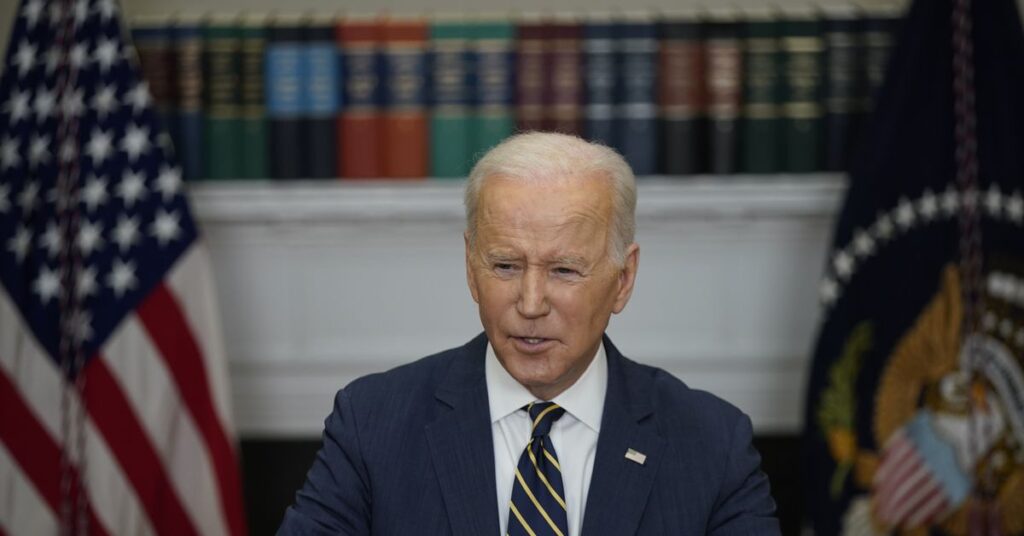
“It’s hard” to move billions of dollars worth of crypto, Redbord noted. It’s possible some oligarchs might turn to crypto, but that may not be their first choice. Redbord, who was with the U.S. Treasury Department prior to joining TRM, said crypto could be part of the sanctions-evasion playbook, but oligarchs already have a complex […]
White House, G7 Announce New Guidance Is Coming on Crypto Sanctions Evasion
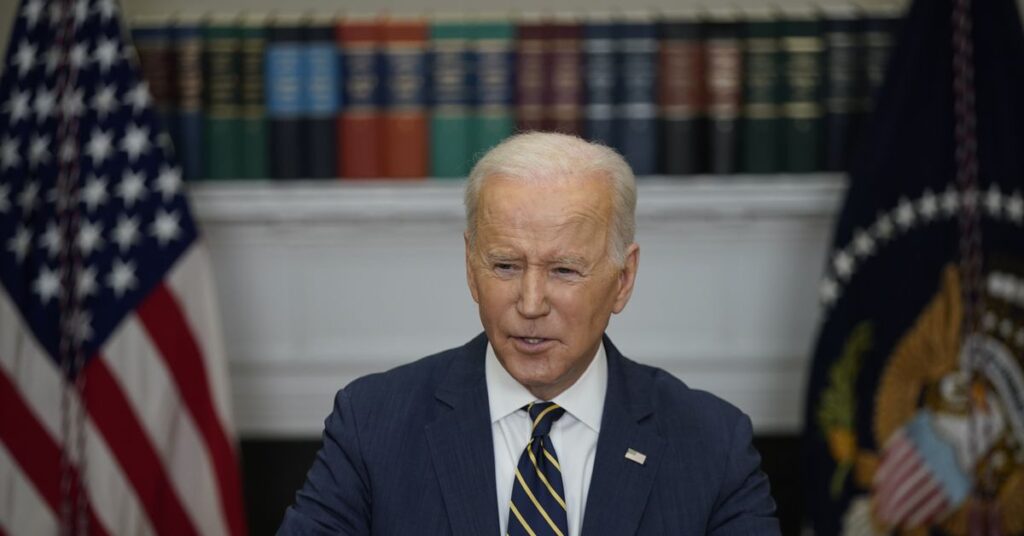
“It’s hard” to move billions of dollars worth of crypto, Redbord noted. It’s possible some oligarchs might turn to crypto, but that may not be their first choice. Redbord, who was with the U.S. Treasury Department prior to joining TRM, said crypto could be part of the sanctions-evasion playbook, but oligarchs already have a complex […]